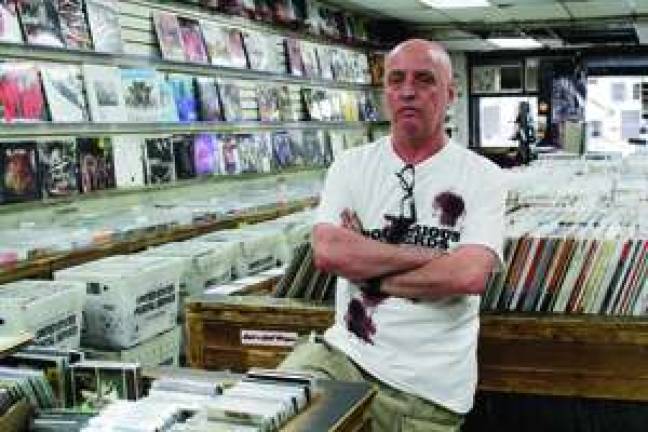Will Paid Sick Leave Hurt Small Businesses?

By Paul Bisceglio Many Americans who wake up with a sore throat face a choice that workers in most other countries do not have to make: go to work sick or stay home and lose a day's pay. Around 175 countries guarantee paid sick leave for their citizens, according to a 2009 study by the McGill Institute for Health and Social Policy. The United States is not one of them. Some parts of the country, though, do have laws requiring employers to provide coverage. San Francisco was first to guarantee certain workers sick leave in 2007, followed by Seattle, Washington, D.C., and Connecticut. New York City is now on the verge of joining them, with labor activists and the majority of City Council supporting a proposed law that would ensure paid sick leave for more than 1.2 million city workers, according to the New York Times. One person stands in their way: City Council Speaker Christine Quinn, who drew criticism last week for refusing to bring the bill to a vote. While many citizens think the proposed law's health and security benefits are obvious, Quinn contends that it will do more harm than good by driving the city's smaller companies out of business. Norman Isaacs, a small business owner in the East Village, agrees with her. "We're New Yorkers," he recently said in an interview. "Just the cost of doing business is bad enough." Isaacs, 65, has run a music store on Cooper Square called Norman's Sound and Vision for 20 years. He has been profiled in the New York Times and The Local East Village in stories on record stores' decline-he is soon moving all business to his Williamsburg branch, in fact, because of the East Village's climbing rent costs-and was recently quoted in the New York Post claiming that the proposed sick leave bill would force him to lay off employees. He actually took back this comment after he learned that businesses with fewer than five employees would be exempt from the law, but said he was against it nonetheless. "It's bad for mom-and-pop-sized businesses," he explained to Our Town Downtown. "They're being forced to help out everyone. Many just can't do that." As it stands, the council proposal would require businesses with five to 19 employees to give workers five paid sick days each year to care for themselves or for family members. Businesses with more than 19 employees would be required to provide nine days a year. The law would grant new businesses in the former category a one-year grace period before it applied. Say a business has 10 employees, then: If each works eight-hour days for $10 an hour and takes five sick days, the business pays $4,000 in sick leave. Is that enough to knock out at a small company? "Probably not," Isaacs said, "but obviously it varies from business to business." Double that cost would cause some companies trouble, he considered. Proponents of the bill, like the New York Times, argue that paid sick leave would improve job security, worker productivity and public health. Opponents such as Council Member James Gennaro, who defended Quinn's position in an article in the New York Post last week, argue that the city's fragile economy could not withstand the bill's ambition, and that the city could not enforce it.